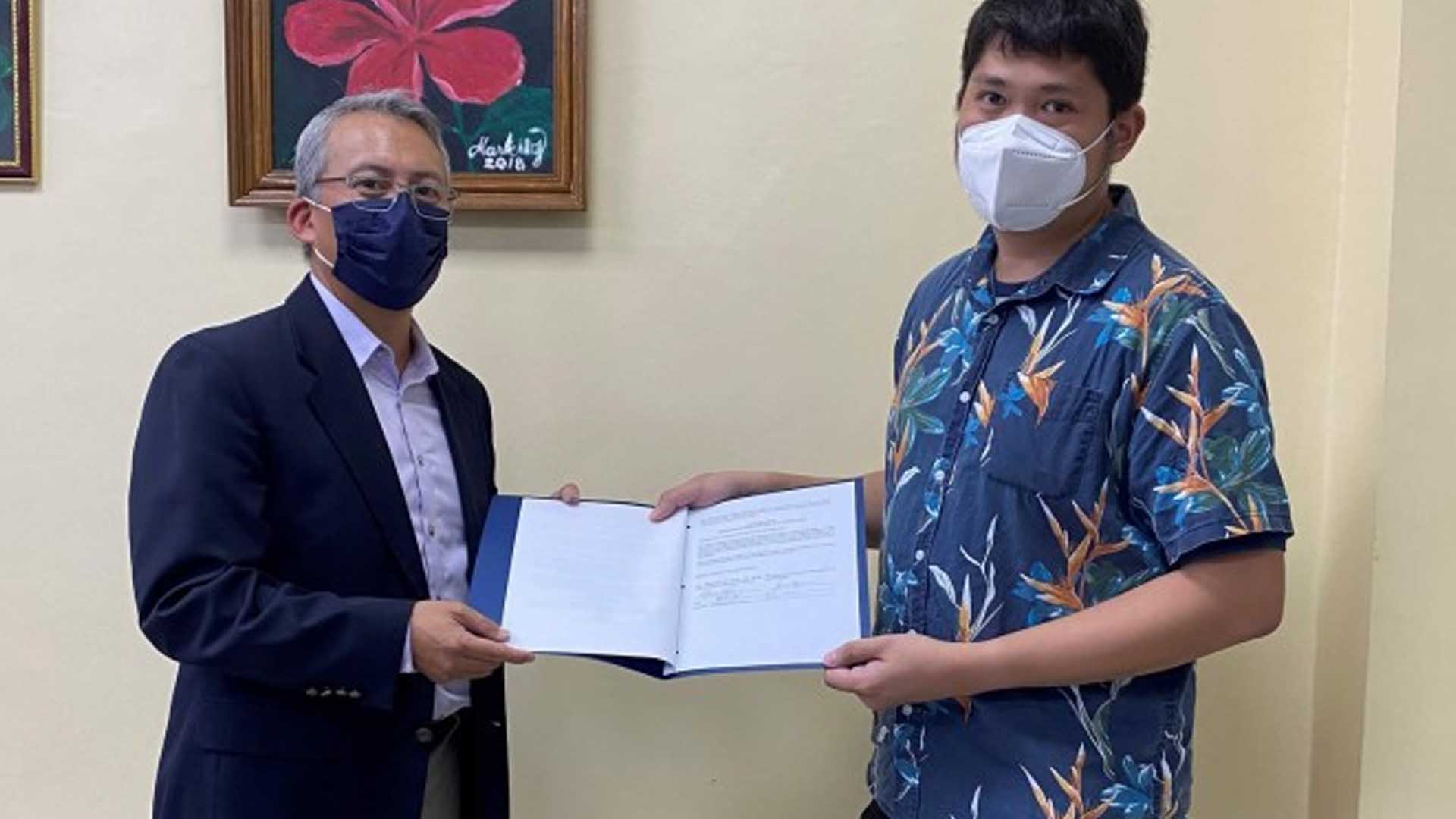The US Centers for Disease Control and Prevention (CDC) officially opened this month a new country office in Manila as part of its commitment to strengthen and expand its existing cooperation with the Department of Health (DOH) to advance a broad range of shared health priorities, including increased health security in Asia.
The DOH and the US Department of Health and Human Services (HHS) also commemorated the signing of a Memorandum of Understanding on Health and Medical Sciences focused on increasing collaboration between the United States and the Philippines on public health emergency preparedness and response; the prevention and control of vaccine-preventable and communicable diseases; and the prevention and control of non-communicable diseases.
“The Covid-19 pandemic is a poignant reminder of why strong international partnerships are so critical for our global health security. With the opening of the US CDC Philippines country office, we are further reinforcing the long-standing HHS partnership between our two countries and our work together to build a healthier world,” HHS Assistant Secretary for Global Affairs Loyce Pace said in a news release Monday.
Dr. Romel Lacson will serve as CDC’s first Country Director for the Philippines. In collaboration with partners, Lacson will implement CDC-supported health programs and lead the agency’s peer-to-peer relationship with the DOH to address shared health priorities.
“In this new era, partnership is more essential than ever. We must be willing to take on challenges together and create opportunities together. This is why the launch of this office and our work together is so important,” Lacson said.
CDC is the United States’ public health agency and lead implementer of the US President’s Emergency Plan for AIDS Relief (PEPFAR). Through its new office, CDC will also provide DOH with critical technical assistance and support services to intensify the country’s HIV and tuberculosis prevention, treatment, and care efforts, and to slow the twin epidemics.
“Partnering on health issues is not new to our 75-year history of diplomatic relations, but the opening of a CDC Philippine office and signing this MOU strengthen this key aspect of our bilateral relationship,” US Embassy in the Philippines Chargé d’Affaires ad interim Heather Variava said. “As this pandemic has shown us, nations working together in partnership and with transparency to prevent, detect, and respond to health threats is more important today than ever.”
In the last four years, the Philippines experienced the fastest-growing HIV epidemic in the Southeast Asia/Pacific region, with a sevenfold increase in newly diagnosed cases from 2010 to 2018.
Due to this increased HIV burden, the Office of the United States Global AIDS Coordinator and Health Diplomacy included the Philippines in the 2020 PEPFAR Asia region program.
The launch of the CDC Philippines Country Office illustrates CDC’s and DOH’s commitment to continue to work together to prevent and control diseases, strengthen public health emergency preparedness and response, and expand health security capacity. (PNA)









